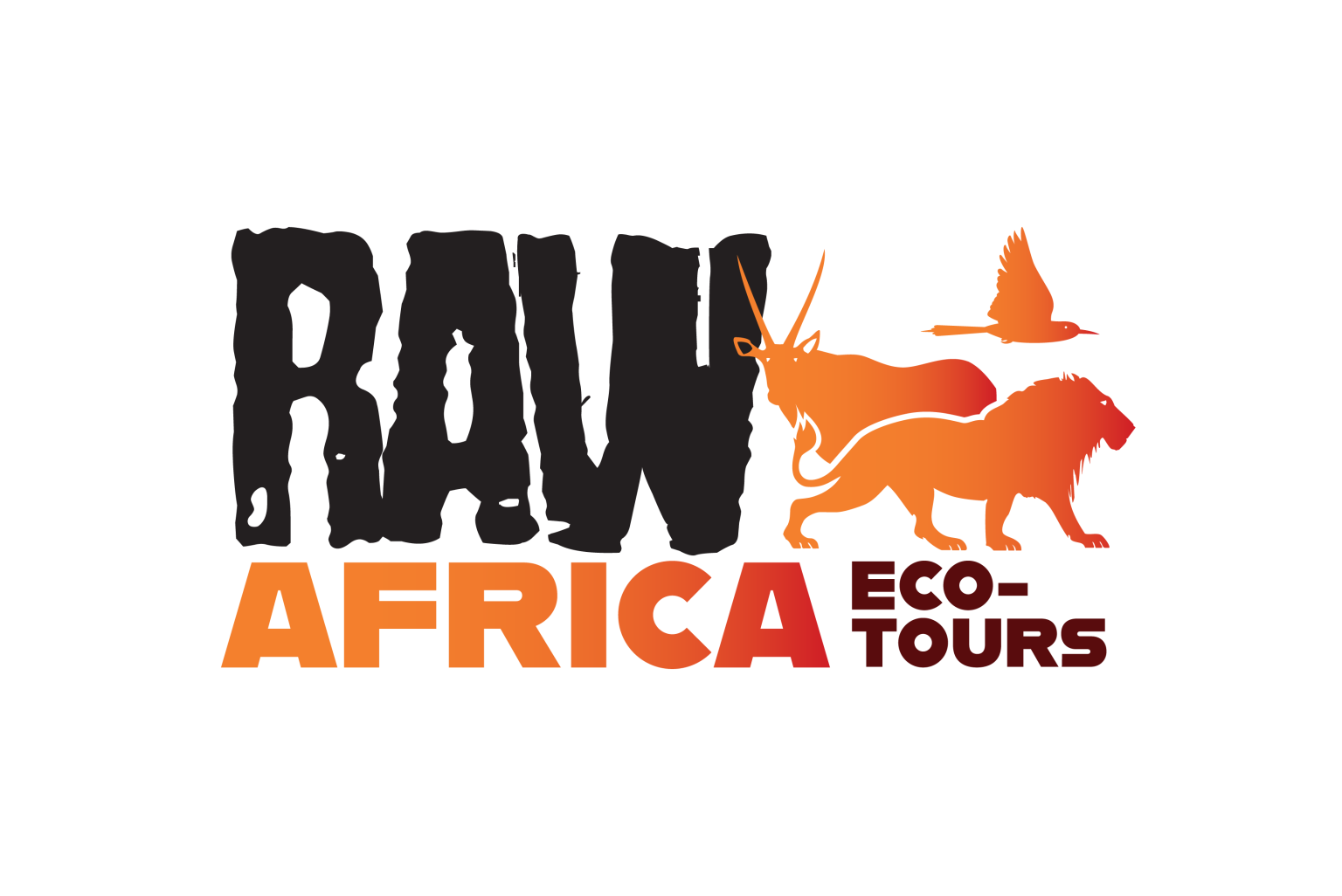As with all international travel, it makes sense to prepare for your trip by reading up on the country you’re travelling to, so you can enjoy a safe, hassle-free trip. Here’s some information to help get you started.
Security, Firearms and Terrorism
While there’s a threat from terrorism in different parts of Africa, we locate all of our tours and operations away from major city centres (where possible) and areas frequented by western interests, including embassy districts. If we’re on a bush walk or in an area of high wildlife, we’ll be escorted by armed rangers, who are highly trained professionals and know exactly what the potential risks are in any given situation.
Political
The political situation in the areas of Africa we travel to is generally stable, but developments elsewhere can resonate in Africa, so keep up with the news before you travel. We’ll do the same.
Taxi Theft
Keep an eye out for extortionate fares or robberies by unlicensed airport taxi drivers. Their vehicles are usually in poor condition, unmetered, and don’t have a dashboard identity licence. Use a reputable firm, booked by phone, a registered taxi firm inside the airport or arranged by your hotel.
Car Hire
Use your common sense when hiring vehicles. City streets are congested and foreigners involved in even minor traffic violations or accidents may be vulnerable to exploitation. So think about using a private driver or hiring a car with a driver.

